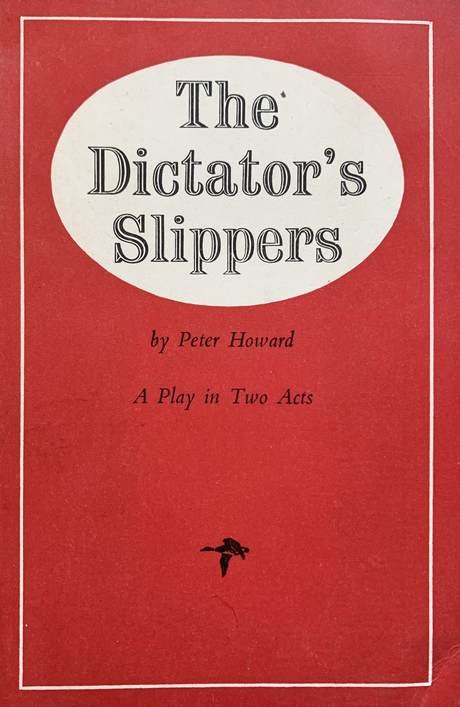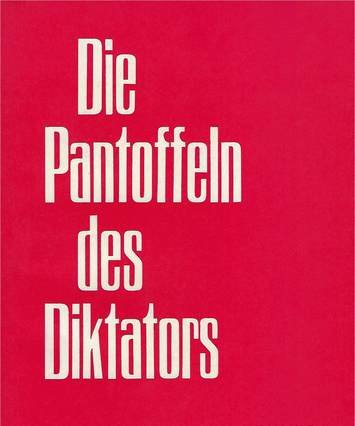In June, 1954, conferences were in session at both ends of theLake of Geneva. At oneend, in Geneva itself; the Asian Conference and the Conference of the International Labour Organisation were taking place. At the other end of the lake at Caux, Dr. Frank Buchman had recently opened the 1954 World Assembly for Moral Re-Armament.
Der Bund, the Berne newspaper, wrote in an editorial contrasting these conferences,"At best all that can come out of Geneva is a compromise, which can moderate deadly passions for a time without curing the fundamental differences. In Caux hatred is not appeased but actually overcome. There, there is a living ideology at work which fmds agreement and understanding at every level of life."
Many delegates to Geneva visited the Caux Assembly. There they saw some of the plays of Peter Howard, of which Elizabeth Bergner recently said, " They are the most intelli- gent plays in the world today. They are the theatre of to- morrow." Some of the delegates to the Asian Conference were so impressed by these plays that they arranged for a series of showings of The Dictator's Slippers for delegates to the Geneva conferences.
The audiences were crowded with delegates from Asia, among them representatives from the Chinese People's Republic, from Africa and from America as well as from Europe. Simultaneous translations of the play into Chinese, French, German, Italian, Russian and Spanish made it possible for this varied international audiences to follow the play.
On the opening night, the Ethiopian Delegate to the Asian Conference introduced the play and its author to the audience. He spoke of having seen the play at Caux. " It carried the conviction of truth," he said." It spoke to us individually and it united our opinions. It puts truth so clearly that it leaves no confusion. It brings a new language to Geneva that speaks to the hearts of all."
He then introduced the author, Mr. Peter Howard, who outlined the basic programme of Moral Re-Armament which lies behind the play. He said:
"Thirty-five years ago Dr. Frank Buchman, the initiator of Moral Re-Armament, saw that we were not just at the end of a war between great powers, but at the point of the breakdown of civilisation and the start of the greatest revolutionary era in human history.
"He did not stop at diagnosis. He built an answer that works, that is tried and tested. And he built a force of men and women to carry it to the world.
" The programme of MRA is not anti-Communist nor and-capitalist, not anti-American nor anti-Russian. It is for all men everywhere. It fights on a world front for the full dimension of change—social, political, economic, national and supernational change, all based on a change in human nature."
The following day the Government delegate from the Philippines, Congressman R. T. Lim, was addressing the ILO Conference at a crowded session in the League of Nations Hall. In the course of his speech he said, "I am at the moment reminded of the play I saw last night, entitled The Dictator's Slippers. It was a wonderful play. It was playing out the purpose of the Moral Re-Armament Conference which has the objective of changing human nature itself. It sounds impossible, but I believe it could be done after listening to the actors in the play."
The Philippine delegate continued, "What we need here in Geneva is moral re-armament, because we look at each other in this Conference with suspicion, fear and hatred. While we are caught between the two ideologies, communism and democracy, fighting one another, many of our purposes in the ILO will be defeated. Our only hope is in the Moral Re- Armament programme."
English



